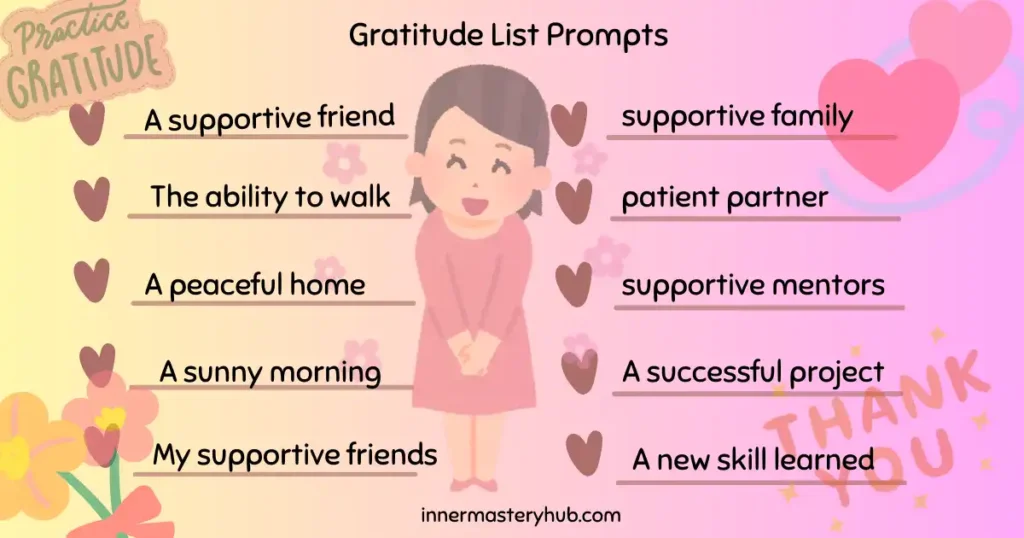The Role of Psychology in Holistic Health Care

Holistic health care looks at more than physical symptoms. It focuses on the whole person—mind, body, and behavior. Many health conditions are connected to stress, lifestyle, or emotional strain. Because of this, treating someone fully often means going beyond prescriptions or procedures.
In hospitals and clinics today, providers see how mental health affects recovery, pain tolerance, and even how well a patient follows treatment plans. As this understanding grows, psychology plays a bigger part in health services. It helps patients manage anxiety, improve habits, and feel supported.
This approach is not limited to mental health professionals. Nurses, case managers, public health workers, and wellness coaches all use psychological insight in their daily work. Whether supporting recovery or helping people avoid illness, knowing how behavior and emotions shape health has become a valuable skill.
Holistic care keeps growing in popularity. Many people want support that treats them as a whole, not just a diagnosis. Psychology is at the center of that shift, offering tools to help both patients and providers work toward better outcomes.
Psychology as a Foundation in Whole-Person Care
A background in psychology helps professionals better understand how people think, feel, and act. It builds awareness of topics like trauma, stress, and communication—things that profoundly affect health —in holistic care, where trust and connection matter, and where that knowledge makes a big difference.
Even in roles that aren’t focused on therapy, this insight helps. A health coach might use behavior change strategies. A nurse might spot early signs of depression in a patient with chronic pain. A case manager might guide a family through the emotional stress associated with a health diagnosis.
This kind of training doesn’t always require graduate school. Many people start by earning a Bachelor of Psychology. It provides them with a strong foundation in human behavior, mental health, and communication skills that are useful across many health-related careers.
For those looking to study while working or managing other responsibilities, a Bachelor of Psychology online provides flexible access to the same core principles and training found in traditional programs, helping students prepare for roles in wellness support and patient care.
More holistic health care systems now look for team members with this kind of knowledge. They understand that physical or holistic health care often depends on emotional strength, behavior patterns, and support systems. Including psychology in the training prepares professionals to see the whole picture.
A degree in psychology helps build that awareness. It’s not about diagnosing or treating mental illness unless someone chooses to go that route. Instead, it supports work in spaces where emotional support, communication, and behavior play a big part in overall care.
Holistic health isn’t one-size-fits-all. It’s flexible, patient-centered, and focused on lasting change. Psychology brings valuable tools to that mission—helping providers meet people where they are and support both mental and physical or holistic health care & healing.
Supporting Emotional Well-Being in Physical Holistic Health Care Settings
Physical or holistic health care often suffers when emotional needs are ignored. Patients dealing with pain, long-term illness, or significant life changes may also experience stress, anxiety, or depression. These emotions can slow recovery or interfere with patients’ adherence to medical advice.
Psychology-trained professionals understand how emotional states impact physical health. They use simple strategies to help patients cope, stay calm, and take an active role in their care. This can happen in hospitals, outpatient clinics, or rehabilitation centers.
In cancer care, for example, emotional support often makes a real difference in how patients manage treatment side effects or maintain hope.
Having someone who can talk with patients about their feelings without judgment helps build trust. That connection improves communication and helps providers deliver better care.
Communication and Behavior Change
Holistic health care focuses on long-term wellness. That often means helping patients make lifestyle changes. Eating better, managing stress, getting more exercise, or quitting smoking all require strong motivation. These changes are complex, and many people need guidance to stay on track.
Psychology plays a key role in helping patients understand their habits and make positive choices. Techniques like motivational interviewing help patients explore their own reasons for change. Simple behavior tools, like goal-setting or self-monitoring, give them a structure to follow.
Good communication matters too. Patients are more likely to follow advice when it’s explained clearly and with empathy. Psychology helps professionals respond in ways that build cooperation instead of resistance. When people feel heard, they’re more willing to take action.
Psychology and Preventive Care
Prevention is a big part of holistic care. Keeping people healthy means reaching them before problems begin. Psychology supports that goal by focusing on education, community outreach, and wellness programs.
Many public holistic health care efforts use psychology to shape messages, understand audience behavior, and promote healthy routines. That includes campaigns to reduce smoking, encourage exercise, or improve mental health awareness.
In these programs, professionals trained in psychology often design workshops, lead support groups, or create content that speaks to real people.
In schools, workplaces, and communities, psychology helps shift the focus from reactive illness care to building holistic health care from the start.
Non-Clinical Careers That Use Psychology in Health
Not every role in holistic health care involves direct patient care. Many support jobs still benefit from psychology training. Case managers, patient advocates, health educators, and outreach workers all need to understand people. They work behind the scenes to guide decisions, explain options, and support people in difficult times.
A strong foundation in psychology gives these professionals the tools to do their jobs well. It helps them deal with conflict, reduce stress, and connect with diverse groups. Some of these jobs require only a bachelor’s degree, making them accessible to more people.
In wellness programs, nonprofits, or school-based holistic health care centers, these roles create real impact without requiring clinical licenses.
Why Holistic Care Needs Psychological Insight
The link between mind and body is clear. Emotions, habits, and relationships all affect physical health. That’s why holistic care includes mental and behavioral support. Without it, treatment often misses the whole picture.
Psychology brings that missing piece. It helps providers understand what motivates people, what holds them back, and how to support real change. Whether through direct care or behind-the-scenes roles, psychological insight improves the delivery of health services.
Holistic care looks at more than symptoms. It focuses on the whole person—body, mind, and behavior. Psychology supports that vision by helping health professionals understand people and guide them toward lasting wellness.
Whether working with patients or designing programs, psychology adds real value to modern health care. It helps move the system toward care that’s more complete, more personal, and more effective.






